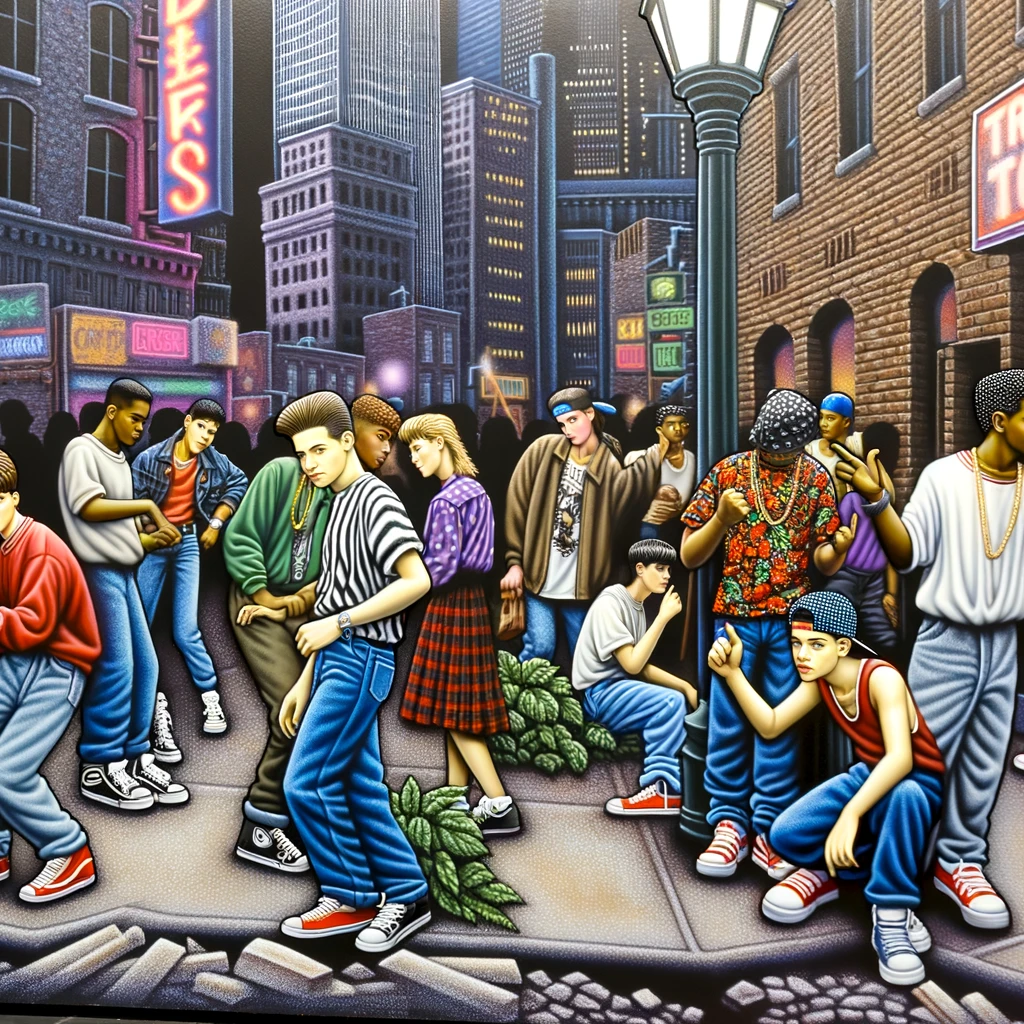Related Articles











In 1995, the film Kids, directed by Larry Clark and written by a then 19-year-old Harmony Korine, burst onto the scene with a raw depiction of youth culture that had rarely been captured with such unflinching realism. The film's portrayal of teenagers in New York City, engaging in risky behavior and dealing with serious issues like HIV, shocked audiences and critics alike. As we delve into the influence of Kids, we can see how it shaped the landscape of independent film, challenging traditional narratives and aesthetics.
Kids was not just another teen drama; it was a visceral experience that highlighted the power of authenticity in storytelling. The use of non-professional actors and the fly-on-the-wall documentary style gave the film a gritty realism that set it apart from Hollywood's polished productions. This approach resonated with audiences and filmmakers, encouraging a wave of independent films that sought to tell genuine, unvarnished stories.
To understand the impact of Kids, it is essential to consider the cultural context of the mid-1990s. America was grappling with issues like the AIDS epidemic, urban decay, and a growing disillusionment among young people. Kids tapped into these themes, presenting them in a way that was both shocking and enlightening. The film's unflinching honesty forced viewers to confront uncomfortable truths about the world their children were growing up in.
Kids became a pivotal moment for independent cinema, proving that films could be both financially successful and artistically daring. The film's success opened doors for other filmmakers who were eager to explore controversial subjects and push the boundaries of conventional storytelling. This shift encouraged a new generation of directors to pursue projects that might not have been possible in a more commercially-driven environment.
The film's impact can also be seen in its influence on narrative structure and character development. Unlike traditional films that follow a clear protagonist, Kids presented a mosaic of interconnected stories, each contributing to the overall narrative. This approach has been emulated in many independent films since, where plot and character development are intertwined with thematic exploration.
Today, Kids is often referenced as a seminal work that paved the way for future independent films. Its legacy is evident in the continuous emergence of films that are not afraid to tackle difficult subjects or portray life with unfiltered candor. The influence of Kids extends beyond cinema, impacting music, fashion, and popular culture, as it encapsulated the spirit of a generation.
Nearly three decades after its release, Kids remains a powerful reminder of the potential of film to provoke, challenge, and inspire. It is a testament to the enduring power of storytelling that is rooted in authenticity and a fearless approach to subject matter. As independent cinema continues to evolve, the impact of Kids will undoubtedly be felt, inspiring filmmakers to explore new narratives and push the boundaries of what cinema can achieve.